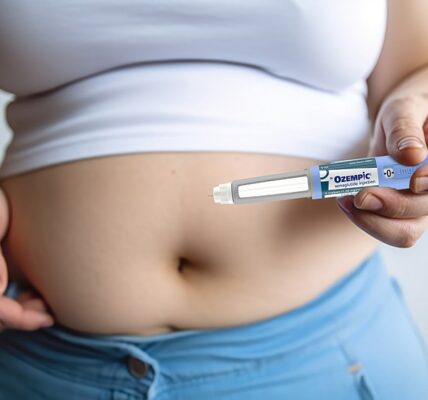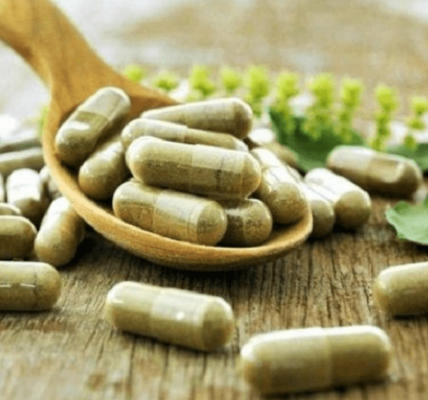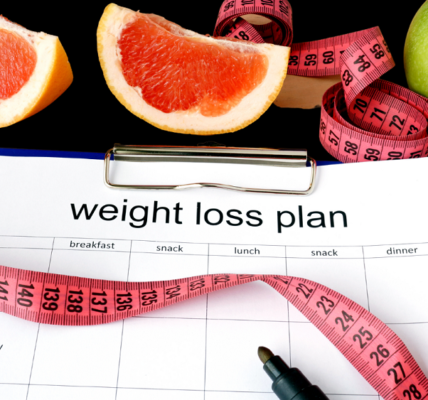Fatherhood is a life-transforming episode in a man’s life. The entry of a little one in the midst of new parents brings joy, excitement, new responsibilities, and challenges. According to Tennessee Men’s Clinic, although the general belief often underscores maternal behavioral changes, neuroscience has revealed that, similar to new moms, fathers also experience an abrupt change in their instincts with significant hormonal shifts.
These changes aid men in aligning with the challenges and demands of parenting. This blog aims to focus a how each hormone plays a notable role to support fathers physically, mentally, and emotionally during this vital phase.
Challenges Faced in Fatherhood
Transition to fatherhood happens to be overpowering. From keeping work-life balance, sleepless nights, new family commitments, and determining how to take care of the newborn, new fathers experience a host of challenges. Possibly for the first time, they experience unique challenges including anxiety, self-doubt, and even sometimes postpartum depression (which is commonly experienced by new mothers during this phase.
By nature, the brain and body work together, enabling new dads to adapt to all such hurdles while hormones play a paramount role as a natural aid, making fathers cope.
1. Oxytocin
Oxytocin, often called the bonding hormone, surges when fathers caringly cuddle, hold, or play with their newborn. The bonding hormone stimulates emotional closeness, lessens stress, and enhances tolerance. Increased oxytocin levels help develop a strong desire in fathers to attach with their newborn, offering a feeling of nurturing and protecting the baby.
2. Prolactin
According to Tennessee Men’s Clinic, although chiefly associated with mothers and breastfeeding, fathers can produce it. An increase in prolactin levels increasing caregiving behaviors in fathers. The hormone works as a catalyst to encourage fathers to stay focused on their baby’s needs, react to cries, and respond with great concern and compassion.
3. Testosterone
In general, the testosterone levels during fatherhood decline. Although this decline may seem negative, in reality, this decline becomes supportive and beneficial. The decline in testosterone levels minimizes aggression, making fathers calmer and responsive to stay more focused on family needs. This shifts also supports men in prioritizing caregiving opposed to dominating nature and thereby promoting father-child relationships.
4. Cortisol
The stress hormone, cortisol, increases in new dads as they listen to a baby’s cry to react promptly to find the reason of the crying. According to Evan Bass Men’s Clinic, rather than acting inversely on the emotional health of fathers, it makes fathers wakeful and attentive. Moderate cortisol enhances sensitivity to emotional stimuli, enabling them to comfort and nurture.
5. Vasopressin
Vasopressin is associated with protection and bonding. Increased levels in fathers enhance protective feelings toward the child and intensify family commitment. It is responsible for inducing responsibility and active care.
6. Dopamine
Dopamine, the reward neurotransmitter of the brain, is elevated through positive interaction with children. This escalation makes caregiving rewarding and stimulating. It prompts fathers to repeat care behavior, establishing a gratifying cycle of joy and bonding.
Balancing Challenges
Cumulatively, these hormonal changes provide emotional strength, patience, and enthusiasm. They assist fathers in overcoming fatigue and stress, enabling them to accept parenthood with confidence.
Biology provides fathers with natural support, demonstrating that fatherhood is fostered as much as motherhood.





